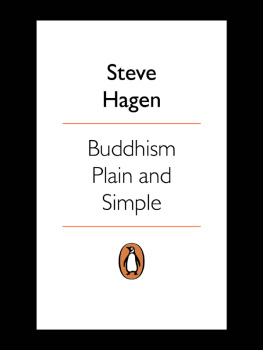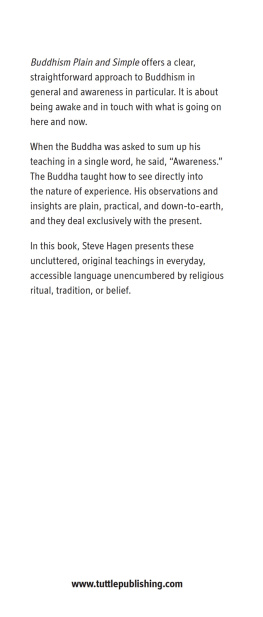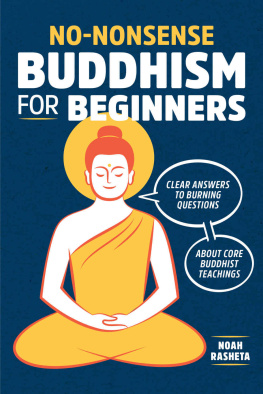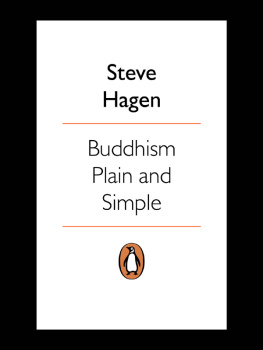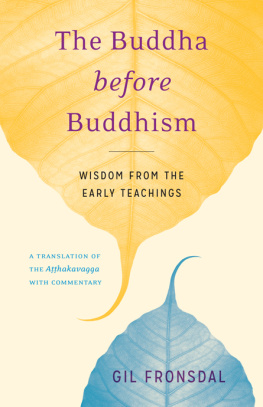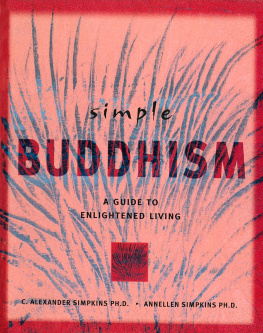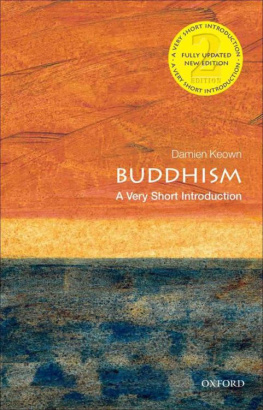
PENGUIN BOOKS
He just wanted a decent book to read
Not too much to ask, is it? It was in 1935 when Allen Lane, Managing Director of Bodley Head Publishers, stood on a platform at Exeter railway station looking for something good to read on his journey back to London. His choice was limited to popular magazines and poor-quality paperbacks the same choice faced every day by the vast majority of readers, few of whom could afford hardbacks. Lanes disappointment and subsequent anger at the range of books generally available led him to found a company and change the world.
We believed in the existence in this country of a vast reading public for intelligent books at a low price, and staked everything on it
Sir Allen Lane, 19021970, founder of Penguin Books
The quality paperback had arrived and not just in bookshops. Lane was adamant that his Penguins should appear in chain stores and tobacconists, and should cost no more than a packet of cigarettes.
Reading habits (and cigarette prices) have changed since 1935, but Penguin still believes in publishing the best books for everybody to enjoy.We still believe that good design costs no more than bad design, and we still believe that quality books published passionately and responsibly make the world a better place.
So wherever you see the little bird whether its on a piece of prize-winning literary fiction or a celebrity autobiography, political tour de force or historical masterpiece, a serial-killer thriller, reference book, world classic or a piece of pure escapism you can bet that it represents the very best that the genre has to offer.
Whatever you like to read trust Penguin.
www.penguin.co.uk
Join the conversation:
Twitter Facebook
PENGUIN BOOKS
Published by the Penguin Group
Penguin Books Ltd, 80 Strand, London WC2R 0RL, England
Penguin Putnam Inc., 375 Hudson Street, New York, New York10014, USA
Penguin Books Australia Ltd, Penguin Group (Australia), 707 Collins Street, Melbourne, Victoria 3008, Australia (a division of Pearson Australia Group Pty Ltd)
Penguin Books Canada Ltd, 10 Alcorn Avenue, Toronto,Ontario, Canada M4V 3B2
Penguin Books India (P) Ltd, 11 Community Centre,Panchsheel Park, New Delhi - 110 017, India
Penguin Books (NZ) Ltd, Cnr Rosedale and Airborne Roads,Albany, Auckland, New Zealand
Penguin Books (South Africa) (Pty) Ltd, Block D, Rosebank Office Park, 181 Jan Smuts Avenue, Parktown North, Gauteng 2193, South Africa
Penguin Books Ltd, Registered Offices: 80 Strand, LondonWC2R 0RL, England
www.penguin.com
First published in the USA by Tuttle Publishing 1997
First published in Great Britain in Penguin Books 1999
Copyright Steve Hagen, 1997
All rights reserved
The illustration on p. 28 is reprinted from JohnMcCrones book The Ape That Spoke, published in the United Kingdom in 1990 by Macmillan General Books,copyright John McCrone, 1990
The moral right of the author has been asserted
ISBN: 978-0-14-192971-2
PENGUIN BOOKS
BUDDHISM PLAIN AND SIMPLE
Steve Hagen is a Zen priest, a long-time teacher of Buddhism and the author of How the World Can be the Way It Is.
He began studying Buddhism in 1967, and in 1975 became a student of Zen master Dainin Katagiri, the author of Returning to Silence: ZenPractice in Daily Life. He was ordained a Zen priest in 1979. Hagen later studied with a number of other teachers in Asia and Europe. In 1989 he received Dharma Transmission (endorsement to teach) from Katagiri Roshi.
Steve Hagen lives in Minneapolis, where he lectures, teaches meditation, and leads retreats at the Dharma Field Meditation and Learning Center. He is currently working on several books and has recently edited You Have toSay Something (Shambhala 1998), a collection of Dharma talks by Katagiri Roshi.
With gratitude I dedicate this book to all beings.
Introduction
A S THE CURRENT MILLENNIUM COMES TO a close, most of us have lost faith in our ancient storybook versions of the world. With the development of science, many of us have come to see the universe as an inconceivably strange, vast, complex, impersonal, multi-dimensional, and perhaps meaningless realm of mind and matter.
We may feel forced to deal with this loss of faith by going to one of two wretched extremes. Either we blind ourselves to our predicament and attempt to escape via drugs or alcohol or our careers or any of innumerable belief systems, or we face the woeful prospect that were intelligent creatures living in a meaningless world.
Many of us act as though we could find fulfillment if only we possessed enough money, enough security, enough respect, enough love, enough faith, enough education, enough power, enough peace, enough knowledge, enough something.
There are others among us, however, who dont (or cant) buy into this. They sense that real security is impossible to attain. For they know that even if we could manage to accumulate all we desire, it will be inevitably taken from us by death. Our mortality looms above us, as terrifying as it is certain. We seem utterly stumped. How can we possibly find peace under these conditions?
Not only do we feel imprisoned by our ignorance, we seem doomed to remain that way. As Yang Chu, the fourth century b.c.e. Chinese philosopher put it:
We move through the world in a narrow groove, preoccupied with the petty things we see and hear, brooding over our prejudices, passing by the joys of life without even knowing that we have missed anything. Never for a moment do we taste the heady wine of freedom. We are as truly imprisoned as if we lay at the bottom of a dungeon, heaped with chains.
What is the basic human problem that no apparent remedy will cure? What is our existence all about? How can we ever possibly comprehend the whole of it? And yet isnt knowledge of the Wholeknowledge thats not relative, or dependent on changing conditionsprecisely what would be required to free us from the doubts and dilemmas that cause us so much pain and anxiety?
We long to be free from our confusion and discontent, not to have to live out our lives chained helplessly to uncertainty and fear. Yet we often do not realize that its precisely our confused state of mind that binds us.
There is a way to move beyond this ignorance, pessimism, and confusion, and to experiencerather than comprehendReality as a Whole. This experience is not based on any conception or belief; it is direct perception itself. Its seeing before signs appear, before ideas sprout, before falling into thought.
Its called enlightenment. Its nothing more or less than seeing things as they are rather than as we wish or believe them to be.
This liberation of mindthis direct awareness of Reality as a Wholeis fully accessible to anyone willing to attend to their actual experience.
Twenty-five hundred years ago in India a man named Gautama experienced this liberation. He devoted the remainder of his life to teaching others how to experience the same freedom of mind. After he awakened from the crippling ignorance that kept him from knowing what was actually going on, he became known as the Buddhathe awakened one.

